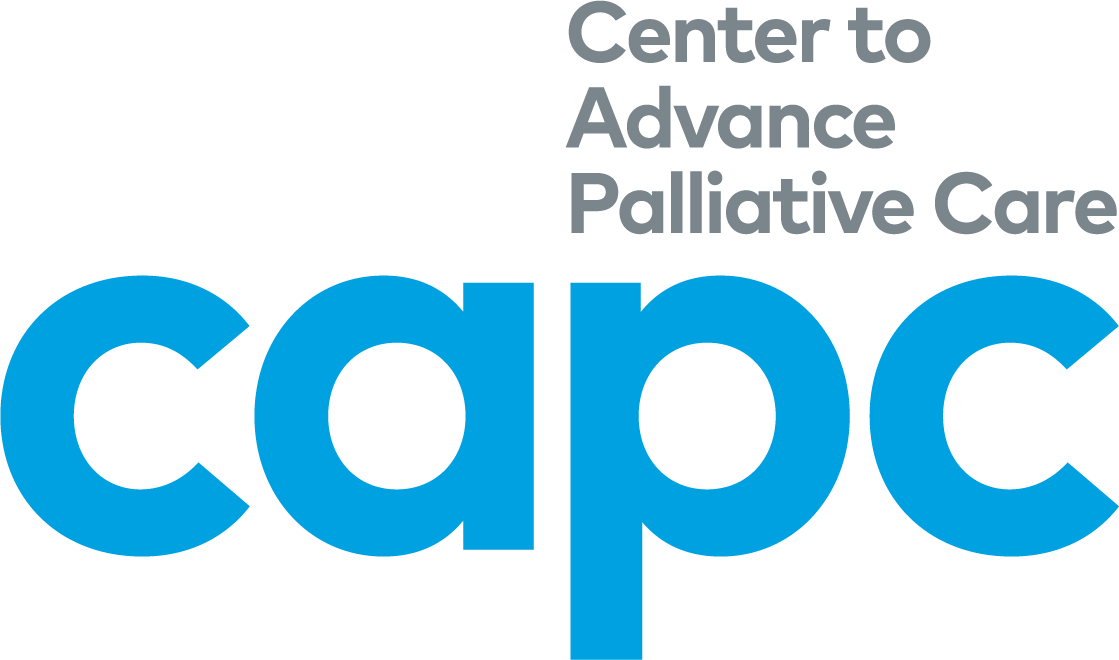
Changing How We Think About Palliative Care
Today’s palliative care strategies help patients living with serious illnesses not only manage their symptoms and pain, but also set health goals, stay on track to meet those goals and live their best lives. That’s good for the patient and good for health care providers.
As hospital and health system leaders, we know you’re focused on quality measures, new payment delivery models and operational efficiencies. Yet, palliative care can’t wait.
It impacts what matters to you -- such as quality of care, reduced spending and less staff burden. And, it addresses what matters to your seriously ill patients and their families. It improves the quality of life for those at any age and at any stage of serious illnesses.
AHA is partnering with the Center to Advance Palliative Care (CAPC) asking hospital and health system leaders to reexamine their approach to palliative care, identify patients needing additional support and build a care plan centered on the whole patient, both clinical and emotional needs.
- Find out what palliative care means to providers and patients.
- Real patient stories on living better with palliative care.
Check out these case studies of palliative care that is changing minds and behaviors:
- Read this evidence-based report on improving care and preventing crises for seriously ill patients.
- Get the latest stats on palliative care’s community impacts.
- Interested in developing palliative care capacity in all care settings?
- Expand your palliative care services with strategic and coaching support from Palliative Care Leadership CentersTM
- We want to hear from you. Share your palliative care success story.
- Or contact us at palcare@aha.org and one of our experts will get back to you with personalized support.
Resources
Palliative Care Online Training
New online training course that uniquely uncovers what patients really want and offers strategies on adjusting their treatment plans.
Reasons to believe in palliative care
We realize the need to expand quality palliative care services across the United States is enormous.
12 Million U.S. adults & 400,000 children
are living with serious illness
"The Commonwealth Fund “High-Need, High-Cost Patients: Who Are They and How Do They Use Health Care?” August 2016; Field JF, Behrman RE.
66% reduction
in symptom distress reported by palliative care recipients
Kavalieratos, D, J Corbelli, and D Zhang. “Association Between Palliative Care and Patient and Caregiver Outcomes: A Systematic Review and Meta-analysis.” JAMA, (2016): 316(20)
68% of Medicare costs
are related to people with serious illness.
Center to Advance Palliative Care. (2014) Accessed at: https://media.capc.org/filer_public/68/bc/68bc93c7-14ad-4741-9830-8691729618d0/capc_press-kit.pdf
$6 billion per year
Savings possible if hospitals nationwide implement quality palliative programs.
Center to Advance Palliative Care. (2014) Accessed at: https://media.capc.org/filer_public/68/bc/68bc93c7-14ad-4741-9830-8691729618d0/capc_press-kit.pdf




